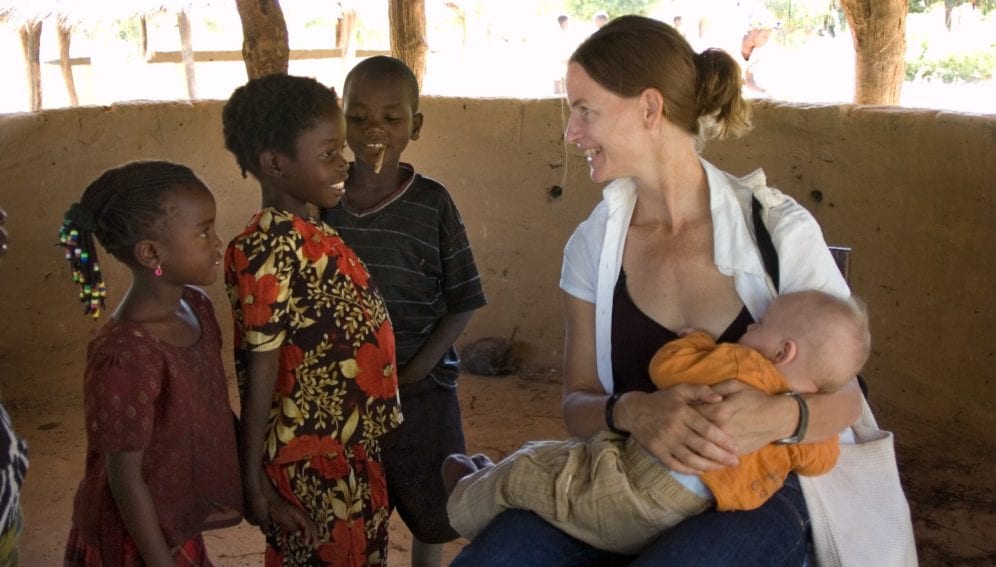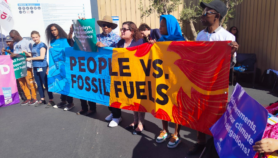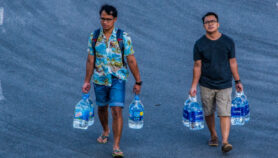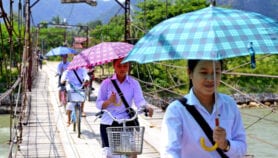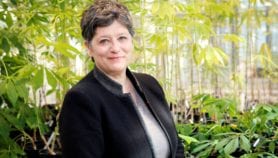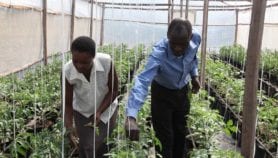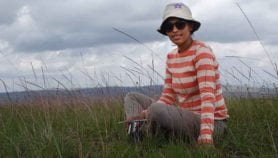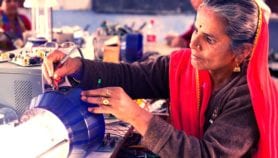Send to a friend
The details you provide on this page will not be used to send unsolicited email, and will not be sold to a 3rd party. See privacy policy.
[PARIS] The scientific community is increasingly positive that it will play a significant role in devising new international targets for development post-2015, following a high-level expert meeting last month (20-21 March).
Policymakers were "very open" to scientific input into the Sustainable Development Goals (SDGs), David Griggs, director of the Monash Sustainability Institute in Australia, said after the meeting, held in New York, United States, to discuss scientists' role in the process.
The meeting was attended by around 28 physical, social and economic scientists as well as 80 others, including representatives from UN bodies and NGOs, as well as politicians.
The scientists' demands to be included throughout the process, as well as the need for new science-based priorities and processes, and a commitment to a new development paradigm, were also greeted positively, he says.
As stated in the UN Conference on Sustainable Development (Rio+20) outcome document — 'The Future We Want' — SDGs are needed to replace the Millennium Development Goals, which expire in 2015.
Even though the outcomes of last June's Rio+20 conference in Brazil recognised the need for scientific input into sustainable development activities, Griggs said he was sceptical before the New York meeting about this happening. Others have previously expressed similar concerns.
"I knew it could have been an exercise in being seen to do the right thing, without any intention on following it through," he told SciDev.Net.
But the enthusiasm of Csaba Kőrösi — Hungary's permanant representative to the UN, and co-chair of the Open Working Group that will ultimately decide the SDGs' structure and content — for including scientific advice during every stage of the process has left Griggs feeling "much more optimistic".
Although specific targets were not discussed, the experts agreed on four overarching principles that policymakers should use.
The first is that human actions have caused a breakdown of the Earth's life support systems, with the result that the old development strategies are not working.
Secondly, this environmental shift demands a radically new development paradigm that harnesses the power of science, that seeks transformation through new policies and institutions, and that recognises the need to preserve natural processes.
This is coupled with a need for new priorities for goal setting that promote human capacity building; links between systems such as food, water and energy; global integration; and that also consider systemic risks including energy and food system collapse.
Lastly, the experts called for new processes to allow the transition towards the new paradigm. These include effective governance, engagement between policy and science, and the development of new measurement systems and mechanisms to identify and spread successful innovations.
Creating SDGs with longer timeframes than the 15-year MDGs, possibly up to 2045, was also suggested.
But it is still "early days" and uncertainty remains over how the expert advice will feed into the working group's decision-making, said Griggs.
He hoped that the scientific community will be asked to produce papers and other materials to guide the process.
It is also the scientific community's responsibility to mobilise itself and agree upon fundamental principles so that it can speak with a "fairly unified voice", he added.
Gisbert Glaser, a senior science adviser at the International Council for Science, which co-organised the event, agreed that politicians appeared to be "paying more than just lip-service" to scientific input.
The early focus on scientific fact-finding, rather than directly entering political discussions, was a novel approach, and one that showed that the working group was serious about producing scientifically sound SDGs, he told SciDev.Net.
But there is always a concern that scientific concerns will be diluted or ignored when policymakers sit down to finalise plans, as happened at Rio+20 to an extent, he added.


